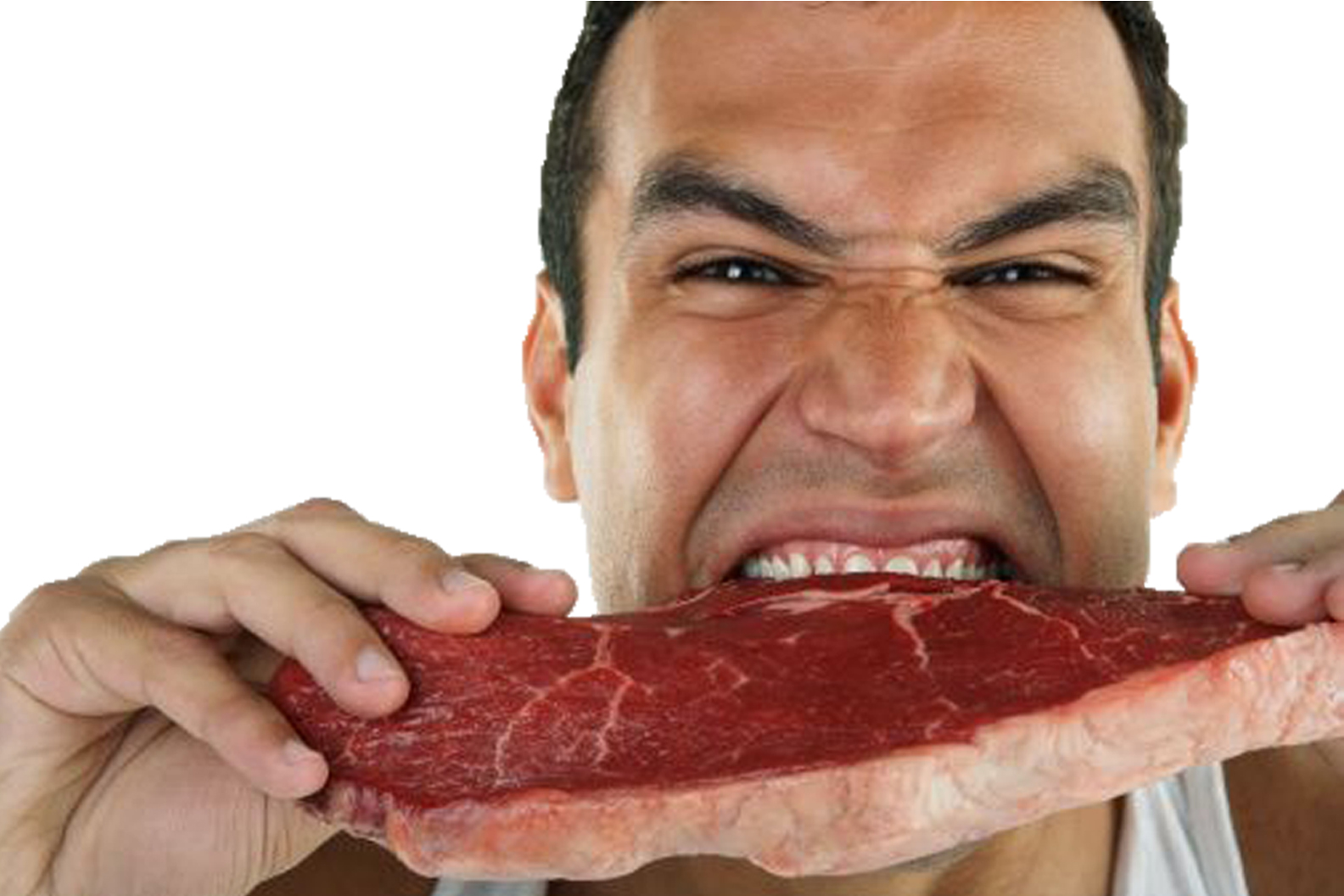The following literature review is part of a series for World Vegan Month. Other essays can be accessed by visiting the essays catalog.
Brian Luke’s 2007 book, Brutal: Manhood and the Exploitation of Animals, explores the gendered nature of our relationship to other animals. Humans, he argues, are not naturally inclined to be violent towards other animals, but men’s attempt to rival women’s life-giving capabilities has fostered this behavior. The idea is that men can increase their social status through animal sacrifice. Sacrificial institutions (such as hunting, flesh production, or vivisection), he argues, position men as the primary generators of human life. While women generate life directly and positively (childbirth and nursing), men are the counter. Men tend to generate life indirectly and negatively via death and violence.
Luke rightly points out that most exploitation is perpetuated by men (though male violence is often supported by women as well), while the liberation movement is dominated by women. However, the Nonhuman Animal rights movement tends to take a gender-neutral approach, a curious mistake given these explicit gender dynamics. Luke also recognizes the general rejection of feminine approaches to Nonhuman Animal rights. Emotion is devalued and male-centric theory is favored instead to combat the negative feminine stereotype associated with Nonhuman Animal rights activism.
While Luke’s book is an indispensable companion to Carol Adams’ work, his critique of vegan outreach remains troubling. Speciesism, he explains, is a structural issue, and veganism is too individualistic. Exploitative industries not only supply the demand, but they create the demand. Luke explains that veganism is too focused on “salvaging one’s personal virtue” instead of working for institutional change. We need to explore advertising, countermovement propaganda, and cultural traditions. He suggests direct action, which would include purchasing Nonhuman Animals from exploitative situations and homing them in sanctuaries, destroying exploitative equipment, and blocking transportation services.
Of course, speciesism is structural, but veganism is not inherently inconsistent with institutional change. Veganism is not simply a matter of personal purity, but rather a political statement that challenges taken-for-granted paradigms. For those working to end sexism, for instance, should they focus only on structurally-oriented direct action and not promote feminism to the public and movement participants? Would it not be integral to movement goals to insist that activists and the public abstain from rape or domestic violence?
Readers can learn more about gender politics and their consequences for anti-speciesism in my 2016 publication, A Rational Approach to Animal Rights.
This essay was originally published on The Academic Activist Vegan on November 8, 2013.


